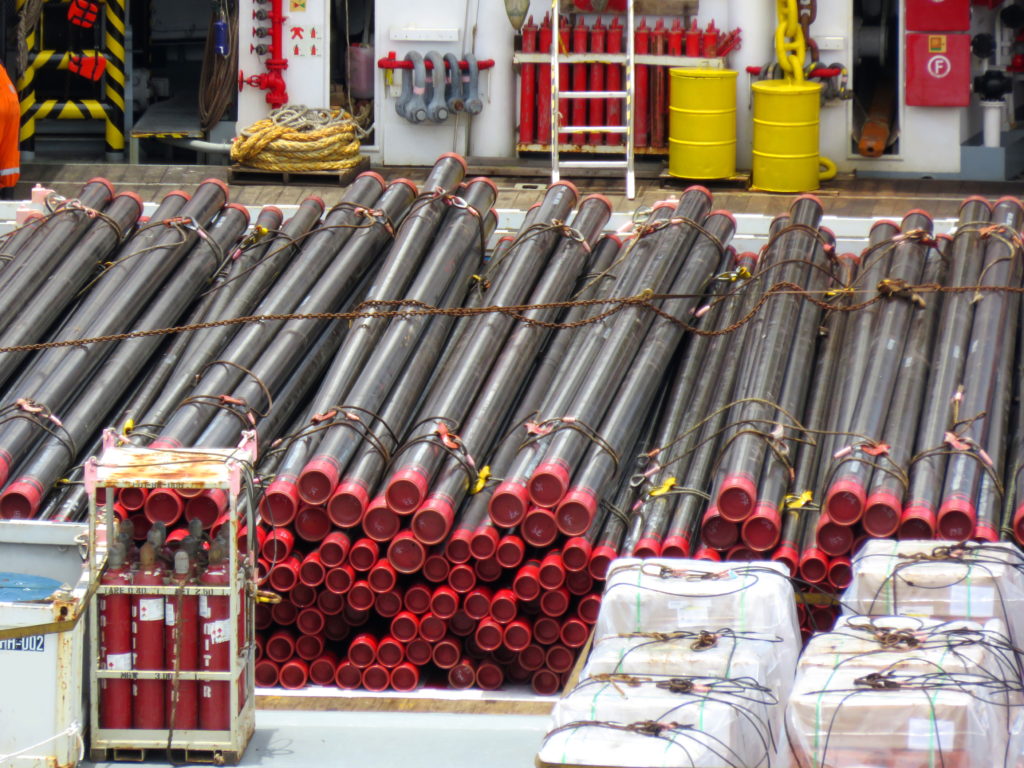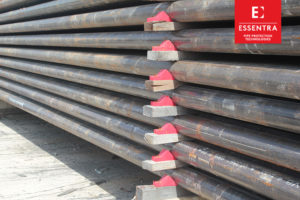
What Are API Specifications?
API specifications are set up to define how octg pipe should be manufactured and protected. The most common versions used are the API 10th Edition or API Annex I. These define in great detail how thread protectors can be manufactured to fit a wide variety of applications.
The standards do more than just outline thread protector design requirements.. Many oil and gas operators use them in contracts. Clients often demand that companies use API-compliant thread protectors for OCTG pipe. Failing to do so can lead to failed API audits and losing contracts.
Why Do API Specifications Matter?
API specifications are relevant to the United States as well as Canada. API standards are important because they standardize how pipe and protective equipment are made. With standards in place, it is possible to consistently make parts for drilling projects that meet all requirements.
Thread protection products properly made to the established standard can reduce the risk of pipe threads being damaged during storage,transport to the wellsite and handling at the well.
Furthermore, they have to be designed to protect against a wide range of possible threats. API-compliant products are durable and prevent damage in a variety of ways. They are worth the investment for your next project.
Learn more about how meeting standards protects your bottom line.

Get API-Compliant Thread Protectors From MSI
The use of API-compliant thread protectors is a must. Fortunately, you can get a wide range of options that are both API 10th Edition and Annex compliant from MSI. With several product lines, MSI is capable of handling nearly any problem that nature throws your way.
Companies are increasingly relying on our thread protectors because they are a better option than others available. Contact MSI to order the API-compliant thread protectors that you need.




